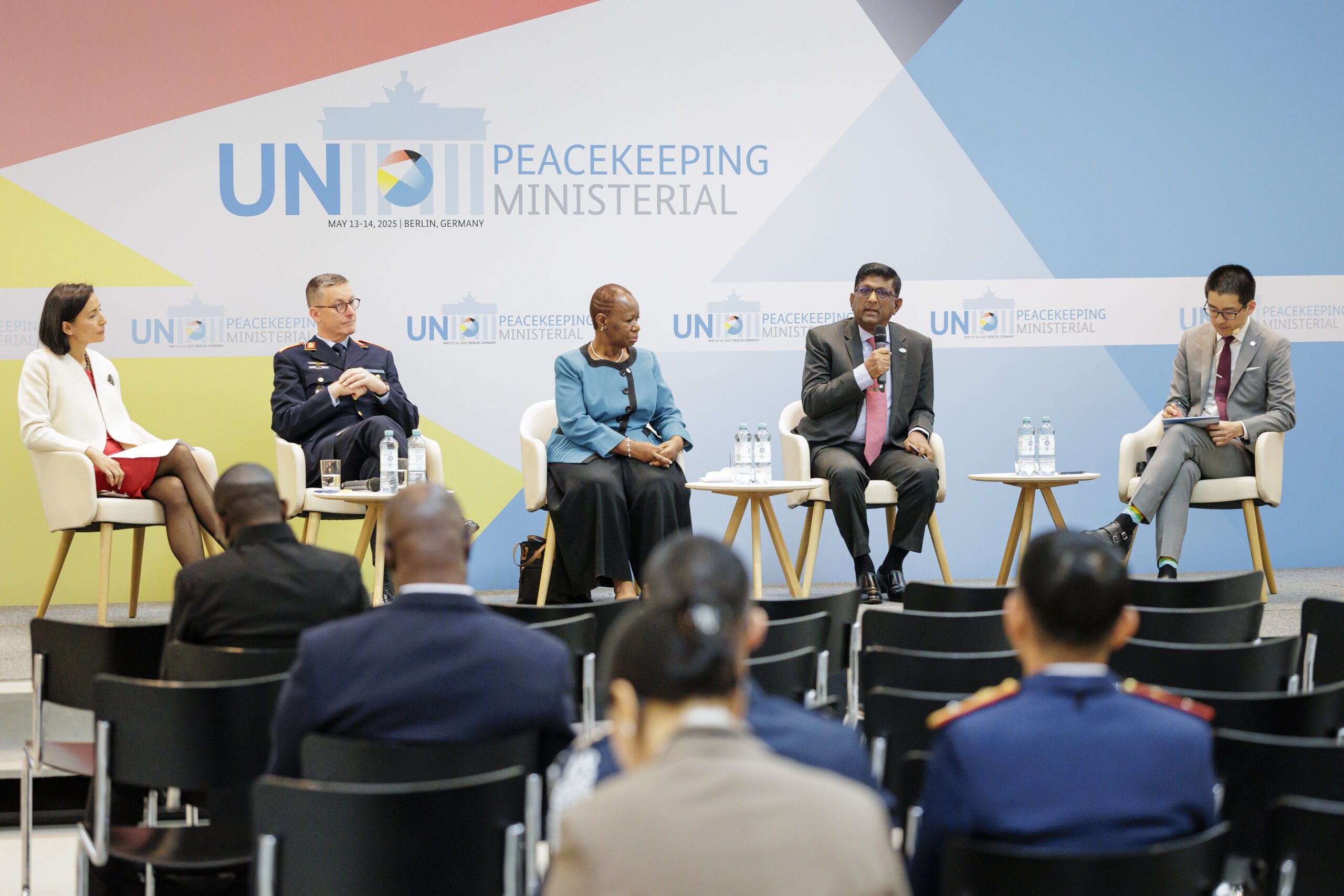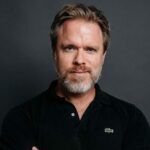

Array
(
[thumbnail] => https://s42831.pcdn.co/wp-content/uploads/2022/09/hero-fpo-150x150.jpg.optimal.jpg
[thumbnail-width] => 150
[thumbnail-height] => 150
[medium] => https://s42831.pcdn.co/wp-content/uploads/2022/09/hero-fpo-300x150.jpg.optimal.jpg
[medium-width] => 300
[medium-height] => 150
[medium_large] => https://s42831.pcdn.co/wp-content/uploads/2022/09/hero-fpo-768x384.jpg.optimal.jpg
[medium_large-width] => 768
[medium_large-height] => 384
[large] => https://s42831.pcdn.co/wp-content/uploads/2022/09/hero-fpo.jpg.optimal.jpg
[large-width] => 1000
[large-height] => 500
[1536x1536] => https://s42831.pcdn.co/wp-content/uploads/2022/09/hero-fpo.jpg.optimal.jpg
[1536x1536-width] => 1000
[1536x1536-height] => 500
[2048x2048] => https://s42831.pcdn.co/wp-content/uploads/2022/09/hero-fpo.jpg.optimal.jpg
[2048x2048-width] => 1000
[2048x2048-height] => 500
[gform-image-choice-sm] => https://s42831.pcdn.co/wp-content/uploads/2022/09/hero-fpo.jpg.optimal.jpg
[gform-image-choice-sm-width] => 300
[gform-image-choice-sm-height] => 150
[gform-image-choice-md] => https://s42831.pcdn.co/wp-content/uploads/2022/09/hero-fpo.jpg.optimal.jpg
[gform-image-choice-md-width] => 400
[gform-image-choice-md-height] => 200
[gform-image-choice-lg] => https://s42831.pcdn.co/wp-content/uploads/2022/09/hero-fpo.jpg.optimal.jpg
[gform-image-choice-lg-width] => 600
[gform-image-choice-lg-height] => 300
)
Global Peace Operations Review
Global leadership needs a shot in the arm, starting with the next SG
In July, the UN Security Council held its first, non-binding straw poll in the process of recommending the next Secretary-General.
In our polarized, confrontational political climate, the choice matters greatly. The leader of our sole truly global intergovernmental body must bring singular qualities to the task of being a brake and a buffer against forces pulling the world apart, bridging big-power divisions while supporting the excluded peoples of the world.
A successful UN wields political weight derived from its standing in the world, as a recent open letter from UN staff rightly points out. The SG must constantly reinforce and deepen that weight. While some member states reputedly do not want a strong SG, they will all, at some point, find it in their interest to have one. Only a solidly-led organization can take on the great span of issues that demand international cooperation and compromise.
That the ideal SG be diplomatic, dexterous and charismatic goes without saying. Beyond this, the profile required for four roles needs particular consideration. The next SG will be expected to assert global intellectual leadership, while also maintaining a credible moral voice. He or she must orient the entire UN system towards greater candour, collegiality and coherence. Finally, the SG must communicate and represent the UN’s vision, deftly connecting the organization with a world of constituencies.
Global leadership needs a shot in the arm. Expectations of the new SG are high, and the Security Council would do a disservice to the world if it gravitated to the candidate perceived as ruffling the fewest feathers or offering the best backroom deals.
Assert Global Intellectual Leadership
UN colleagues remark on the bygone era when an independent-minded Secretariat functioned as a principal organ of the UN, as its founders intended, and its officials played more meaningful intellectual, political and operational roles. Over the years, something vital has been lost.
There is a hunger among many for an SG who will not only engage extensively with a range of thought leaders but also bring his or her own intellectual contribution to bear on the challenges of the era. The current SG deserves credit for major achievements, notably the Sustainable Development Goals and the Paris Agreement on climate change. For the next SG, these ambitious political commitments will need continued leadership for the test ahead, namely their implementation.
The UN needs a leader who will articulate and shape the UN’s role and place in the increasingly complex international security climate. Last year’s reviews of the UN peace and security architecture set out many ways in which the UN might respond to the challenges. There’s no shortage of proposals, but it is the SG who will set strategic direction, overall and on specific issues. This demands a candidate with policy depth, and in particular, deep understanding of the links among peace and security, development, and human rights.
In the age of social media, leaders are judged more hastily than ever. But resolution of international crises remains slow and tough, whether the issue is climate change, terrorism, drugs or wars; last month’s peace agreement in Colombia, for example, came after more than 50 years of conflict. The times may be past when an SG could take days away from the office to reflect and exchange ideas with thinkers and artists, as Dag Hammarskjöld did with the sculptor Barbara Hepworth and others. But resisting the siren song of quick fixes in favour of profound analysis and long-term strategies ranks high among challenges for the new Secretary-General.
Maintain a Credible Moral Voice
Hammarskjöld is also remembered as the SG most clearly driven by principle, which determined his navigation of crises during the Cold War, in Congo and elsewhere. The sense of the UN as an organization based on principles is eroded every time the UN meets a crisis with acquiescence, paper-shuffling or delay.
There are too many examples from the recent past. Last month, Ban Ki-moon yielded to Saudi Arabia’s demand to be taken off a UN “list of shame” for the maiming and killing of children in Yemen. Unusually, the SG made public the pressure he had faced, including the likelihood that “countries would de-fund many UN programmes.”
At every turn, the UN leadership mismanaged its response to the crime of child sexual abuse by peacekeepers in the Central African Republic during 2014-15, from failing to protect the children to diverting energy into an internal witch-hunt. It is thought that Nepali UN peacekeepers introduced a deadly cholera strain to Haiti in 2010, and for long years, the UN’s public posture was to squirm silently behind lawyers.
After parts of the UN failed to call out gross violations in Sri Lanka, human rights was elevated to an organization-wide operational priority in 2013, but this is not yet firmly entrenched at all levels. The Ebola Interim Assessment Panel, acknowledging that declaring a Public Health Emergency of International Concern can lead to disagreements with governments, found that in this regard the WHO Director-General and Secretariat had not shown the necessary independent and courageous decision-making in the initial months of the crisis.
In seeking to maintain a moral voice for the UN, the SG will constantly come under great pressure. This is all the more reason for the SG to be supported by a staff that presents ethical, principled positions. While “humility” is often listed as a desirable quality for an SG, it is at odds with the heft the role requires. This quality might best be interpreted as personal restraint coupled with receptivity to alternative viewpoints. For this, the SG needs to begin by confidently appointing smart, tough-minded senior officials, and also insisting that they work as a team.
Orient the UN System Towards Candour, Collegiality and Coherence
Unforeseen developments are the UN’s daily reality. A UN corporate culture that prefers to gloss over profound challenges and to reward placidity is ill-equipped to deliver the vision, integrity and courage needed to support the next SG. Changing this culture is a long-term project.
In re-establishing a positive UN culture, the tone from the top matters more than anything, including formal structures. The next SG needs to model new behaviours and signal expectations explicitly to senior staff, even to those who previously served as presidents or prime ministers in their own governments.
The new SG should introduce an expectation that problems will be dissected candidly at senior levels. Recently, 51 serving US diplomats called for a different approach to engagement in Syria via the State Department ‘s dissent channel, a formal alternative process for substantive policy matters. The UN has no equivalent. “Our dissent channel is Inner City Press,” joked a UN colleague, referring to a journalist known for asking difficult questions and publishing leaked internal documents. An active, managed internal forum would make that unnecessary.
The SG will be hobbled from the start by staff limitations. UN member states have made it hard for the Secretariat to select the best staff, and fire the worst. Staff themselves grow discouraged (or emboldened) when a lack of integrity brings rewards and no consequences. Only a bold approach with member states can change the current dispiriting inability to hold staff to the highest standards.
The staff’s disproportionate maleness has been well documented. By January 2015, women had fallen to 23 per cent of USG positions, and 22 per cent of ASGs; in the year that followed, men walked away with 92 per cent of USG and 77 per cent of ASG positions. As all declared candidates for the SG-ship have committed themselves to redressing this, their recent records should be scrutinized.
Every Secretary-General wants the Secretariat, UN agencies, funds and programmes to sing from the same song sheet. At country level, there have been attempts to gain greater coherence among UN actors, while inter-agency discourse has grown and improved. Nonetheless, as an SRSG, I often heard complaints from Headquarters that the SG could not “direct” the agencies. That is the wrong starting point. Rather than pressing for greater centralization, integration, and command-and-control, the leadership should invest in clearer articulation of the strategic direction, by country and by issue, engaging the partners in the discussion from the outset.
Member states have work to do, too, in supporting greater UN-wide coherence. However, the Secretariat could start at home. A recent external review of the UN’s humanitarian coordination body, OCHA (Office for the Coordination of Humanitarian Affairs) found that the failure of its senior managers to communicate a common cohesive vision “led to confusion and a lack of clarity with both internal and external stakeholders.” The good news is that this should be among the easier internal problems to remedy.
Communicated a Vision of Positive, Principled Outcomes
Surveys suggest that there is considerable global public support for the United Nations, but it is latent: electorates more often look inwards, making multilateralism generally a low priority. But with no other body able to play its role in peace and security, human rights, or setting global norms, the UN must sell itself. The SG is charged with communicating the purpose, vision and actions of the UN to build public understanding, trust and even warm feelings for the organization, while guiding and inspiring the UN and its member states towards better outcomes.
Does the SG have to be a born communicator? Yes, probably. The team has to give high priority to the communications strategy – it would be a mistake to approach this as a subsidiary task. But brilliant speechwriting takes an SG only so far: successful communication is audience-specific, and requires a leader able to gauge the room, adjusting tone and nuance on the spot. Credibly representing a positive, principled vision demands deep and diplomatic communication skills. If respect for the SG starts to crumble, no communications strategy will save it.
Making the Most of the New Process
The General Assembly’s public hearing of the SG candidates is a victory for good sense and democratic consultation. The NGO 1 for 7 Billion campaign, the UN member states who took the lead, and General Assembly President Mogens Lykketoft deserve warm praise for this innovation. Similar scrutiny should now, without delay, be brought to the selection of UN Undersecretaries-General heading the major Secretariat components and UN agencies, funds and programmes.
The GA hearings cannot convey all we’d like to know about how candidates will respond to pressure, threats and moral dilemmas, or if they will uphold their promises. Going for popular appeal and likeability is a risk in any review process, where an able raconteur tends to generate immediate goodwill. Greater due diligence is also required on the candidates’ past performance in their posts, an element which is not built in to the current process. There is still time to fix this, if done quickly.
Ultimately the choice of SG will lie behind closed doors, with governments that may disagree on the qualities they want to see. Even so, the current process is likely to leave all the UN’s member states, NGOs, and the interested public feeling far more strongly vested in the success of the chosen candidate. That alone ought to give the incoming SG a boost.
Karin Landgren is a non-resident visiting fellow at the Center on International Cooperation and a former SRSG in Liberia and Burundi, and RSG in Nepal. | Twitter: @landgrenkarin
More Resources
-

-

Reflections on the 2025 Peacekeeping Ministerial
Eugene Chen
Stay Connected
Subscribe to our newsletter and receive regular updates on our latest events, analysis, and resources.
"*" indicates required fields



